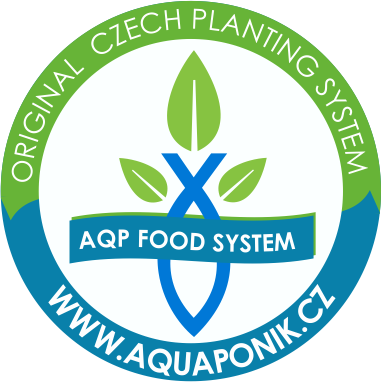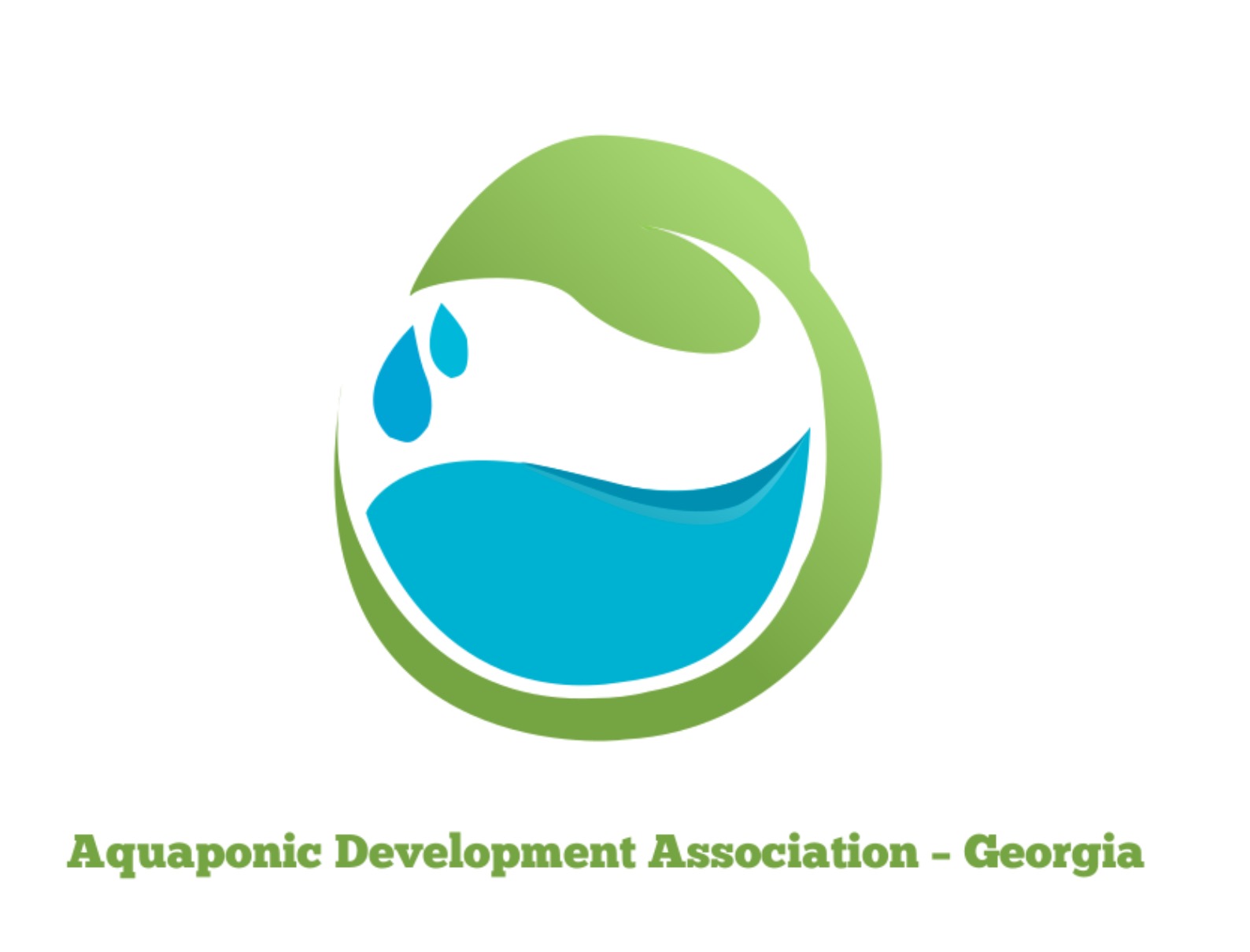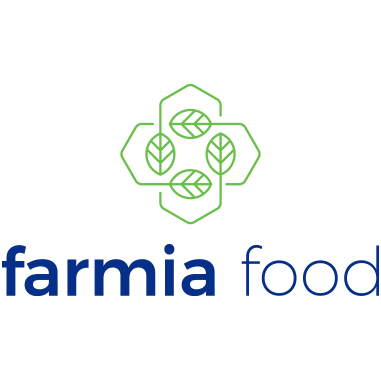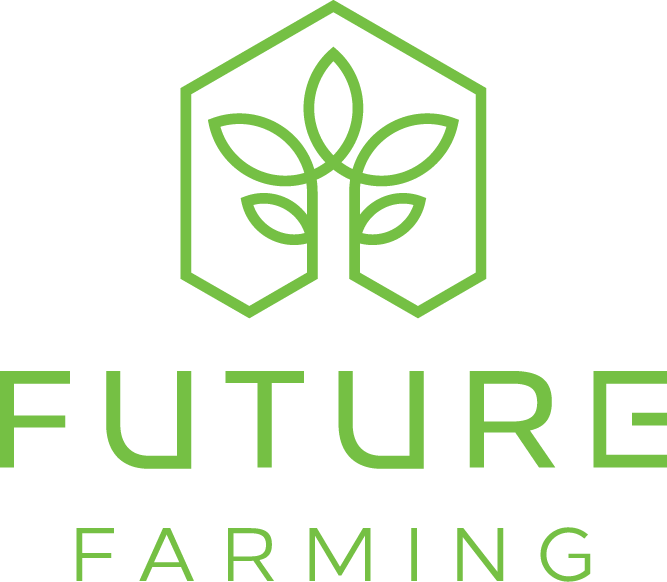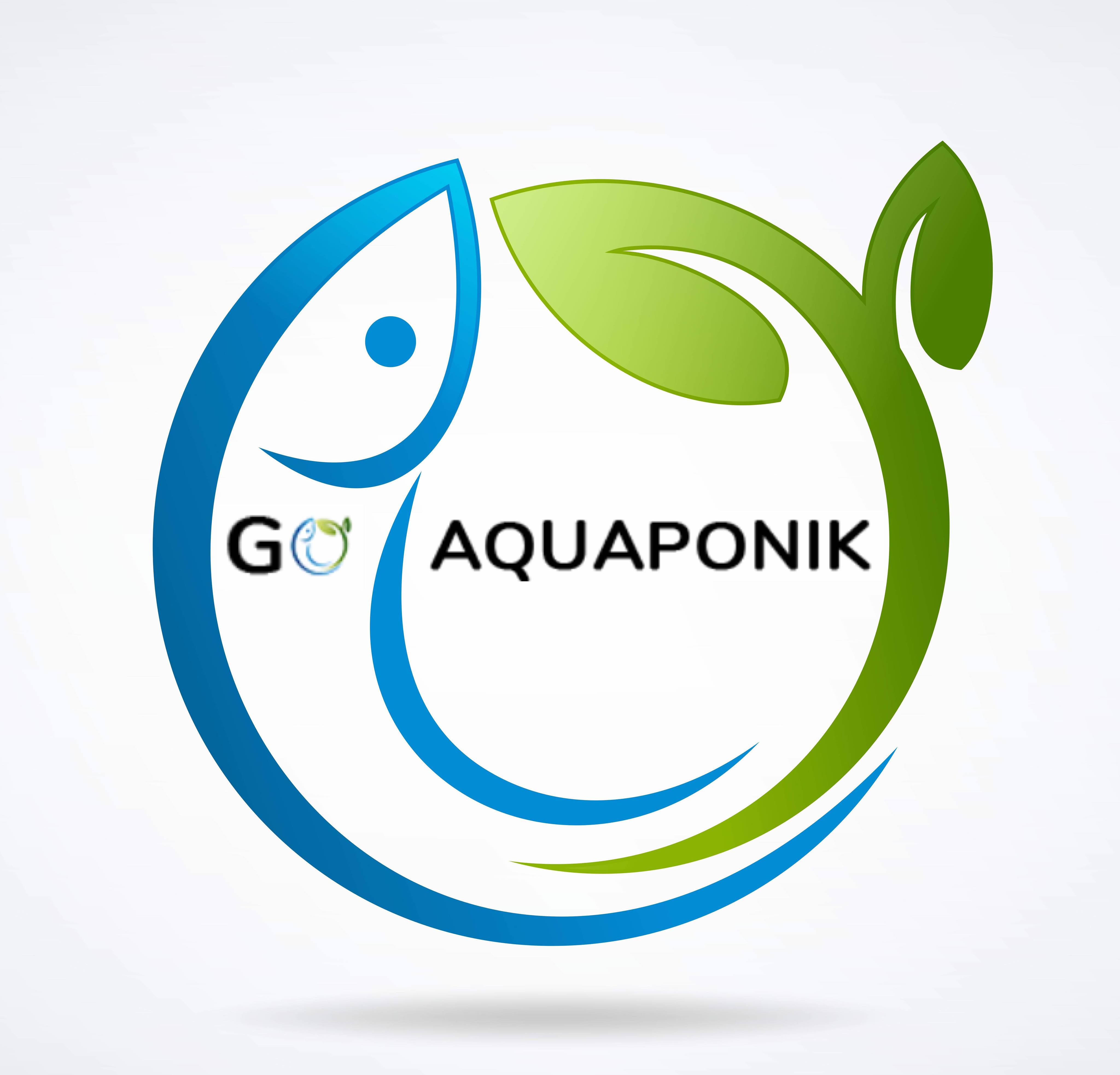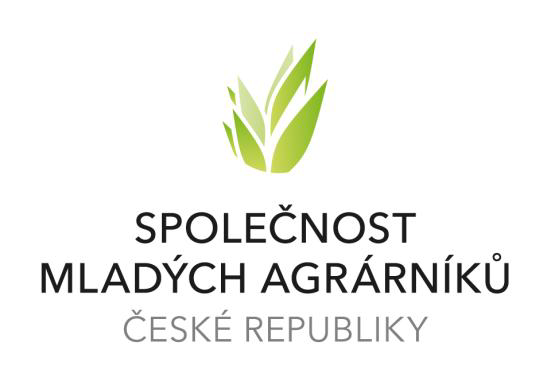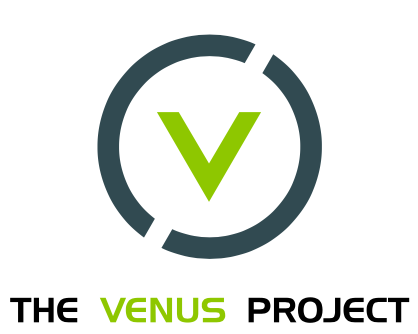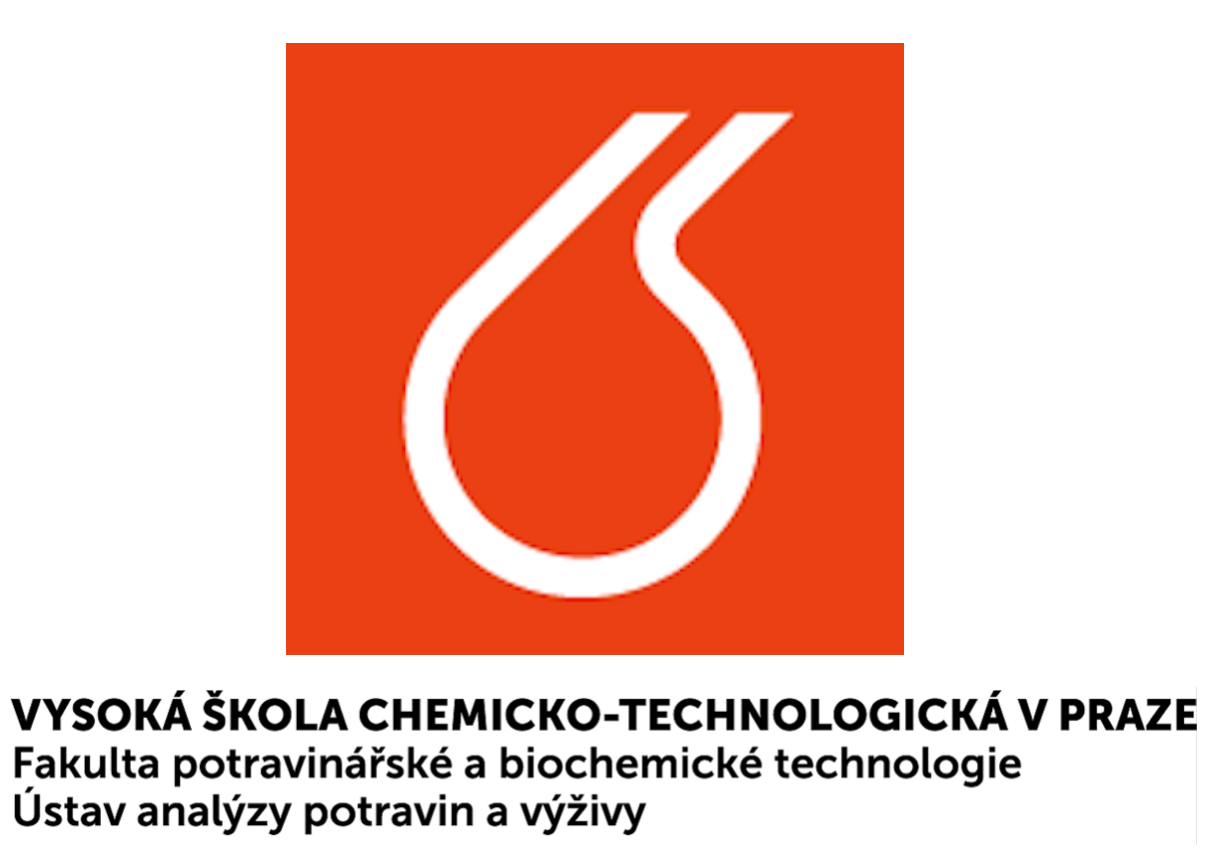Previously, agriculture used to be different. Farmers did not use any chemicals, and the whole of agriculture was built on the ability of a farmer to cope with bad weather or pests naturally. The vast deserts of monoculture crops that have eradicated everything else were not grown, and the soil was handled by the nowadays forgotten knowledge to prevent its degradation. In those days, there was undoubtedly less food, yields were much smaller and life was generally more oriented towards respect for nature. The evolution of our civilization and the level of knowledge has led to today's majority of population being totally detached from agriculture and hoping that the big cooperatives and multinationals do well, and that the foods they consume every day are fine. Unfortunately, this may not always be the case and, rather than consumer health concerns, the driving force may be financial gains, coupled with absolute disinterest in the future of the environment.
Products from aquaponic farms are specific mainly due to the absence of the nowadays very widely used chemicals, as well as with higher nutrient and trace elements content, higher nutritional value and, in the case of fish, the absence of the unpopular fish smell. At the same time, their production is environmentally friendly. Why is that so?
Artificial fertilizers are now manufactured exactly to suit each plant. This means that there are exactly as many chemicals in the fertilizer that the plant grows or gives fruits. It seems to be logical and correct at first glance. After all, the costs of fertilizer production are saved when they contain only what the plant needs. Unfortunately it is the same as saying that rice will give the human body everything it needs and feed people only with rice. What will happen? One would undoubtedly survive and would not starve to death, but surely he would suffer from a deficit of substances that are necessary for his health. This means that I would be weak and sick, I would not tolerate parasites and infections, and I would not have a chance in competition with others. The plants are similar, and so there come the herbicides to suppress competitors, pesticides to control parasites, and medical sprays to help prevent disease. Using all these methods, it is therefore possible to produce tremendous amounts of agricultural products and to manage them efficiently. Well, it also has the other side to it. The more these methods are used, the less nutritious the production itself is. The term "malnourished vegetable" is created, which refers to beautiful and large fruits that are based on artificial fertilizers, hormones and chemistry. When consuming these products, you will not gain more than the little nutritional substances that the starving plant has obtained from fertilizer, but because the fertilizer has been tailored and very precise with regard to the result, there is not much left for you. And I'd better not write about what these fertilizers are made of.
Aquaponic plant growing and fish farming is a return to natural principles, while using modern technology. The development of modern technologies has enabled the development of hydroponics earlier and aquaponics nowadays. Indoor cultivation only made economic sense with the development of cost-effective light sources and a drop in their cost. Today, it is possible to grow all year round thanks to technologies and healthily thanks to aquaponics. It works like this: What fish excrete is toxic to them. However, it is a life-giving fertilizer for plants. In aquaponics, fertilizer is produced differently from conventional farming or hydroponics. The input parameter is fish feed. This is, in addition to energy, the only entry into the system. Thus, the quality of fish feed defines the quality of aquaponic products. This undergoes the first bacterial decomposition in the fish intestines, then the second biphasic bacterial decomposition in the capture filters before becoming a plant fertilizer. This solution is produced naturally, as well as in natural ecosystems, and is a universal solution, in addition to which plants cannot be over-fertilized. If the chemical decomposition of more complex organic elements proceeds correctly, there are no toxic substances for the plants or fish in the solution. It is similar to nature. Animals have always provided fertilizer to plants and plants again feed to animals, using intestinal and soil bacteria and organism. It is possible to find detailed information on the Internet under the term nutrient circulation in nature. This balance is very sensitive to any external interference, so it is not possible to use chemicals in aquaponics. For example, if you used antibiotics to treat fish, you would kill the bacterial colonies in the filters and the system would stop working. The result would be fish death and subsequent plant death. Conversely, if you were to use some chemical plant spraying agent, it would get into the water and immediately kill the fish that are very sensitive to chemicals in general. Moreover, these sprays are mostly very toxic and their use in agriculture is always conditioned by a protection period by which they decompose into less harmful residues. Another advantage is the high nutrient content of the solution. It is not strictly targeted to individual plant species and, thanks to the process of its formation, contains many more micro and macro elements important for plant health. Such a solution contains substances that are the most important ingredient for plants. It has a positive effect on fertility, on plant growth and development, which is then more resistant to adverse conditions. The chemical analysis of leaves and fruits has confirmed that in aquaponics, the photosynthesis effect is increased and the amount of sugar in the fruit is increased and the vegetable yield and the amount of vitamins contained therein is proven to increase. Products from aquaponic farms are regularly tested for nitrate, vitamin and trace elements, as well as heavy metal or chemical residues. The results of these tests are available to consumers and thus provide a quality guarantee.
This is a completely new approach to food production, where consumers can have fresh food all year round. Its qulity is tested, local, so that it does not travel over half the world and its production is stable, weather and climate-independent and not harmful to the environment which is literally decimated by modern food production (soil desertification, erosion, insect extinction, bird extinction, soil toxicity, inability to hold water etc ...).
Finally, I would like to respond to the frequent opinion that "we should do it as in Austria and Germany", where they take care of their farmers and do not use any chemistry there. It is western Europe, which is the largest buyer of biogas and biofuel additives. It is important to realize that most of the canola, which irretrievably decimates the soil, the variety of species and chemically contaminates water, is bought from our corporations by the Western corporations. Then they try to look very ecologically in the West. But it's just my opinion.
Michal "FoFun" Fojtík
Ps: Recently I came across this "Little Brother", who very aptly summed up everything that I'm writing here about today into this short video.




